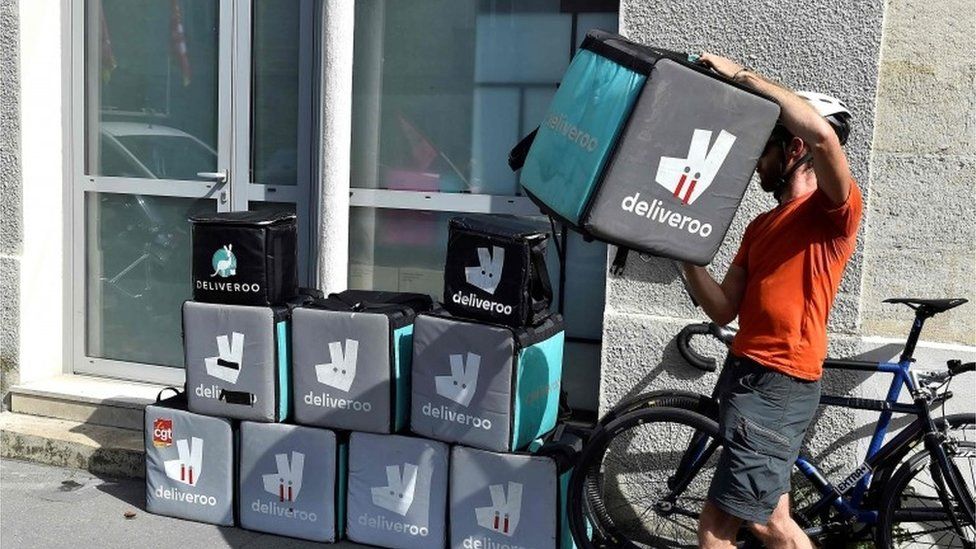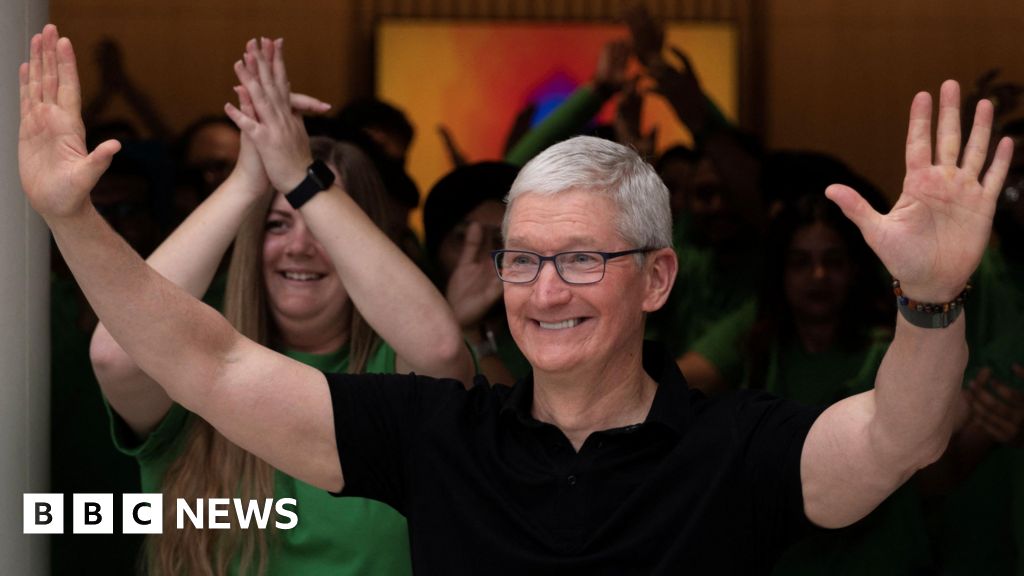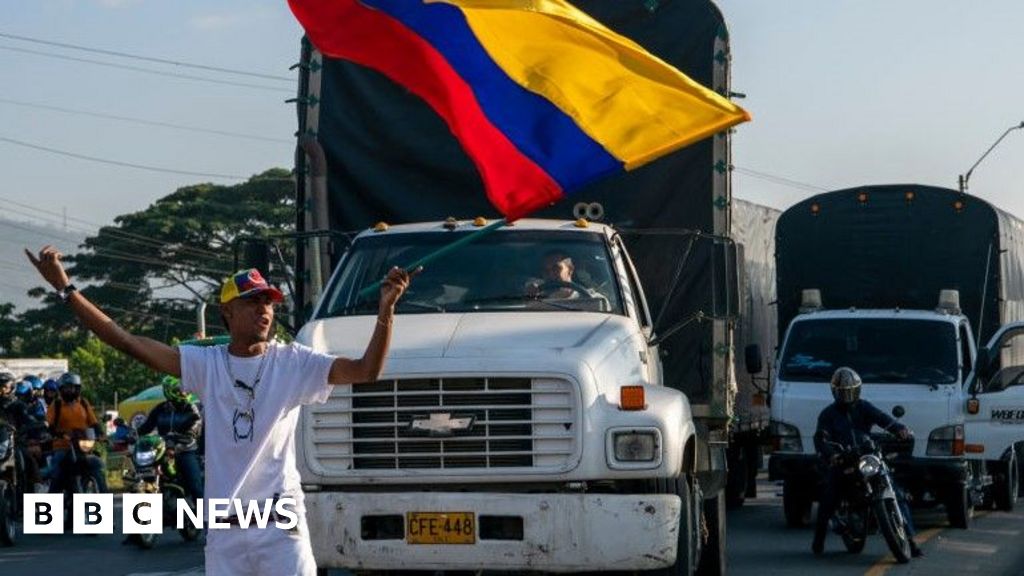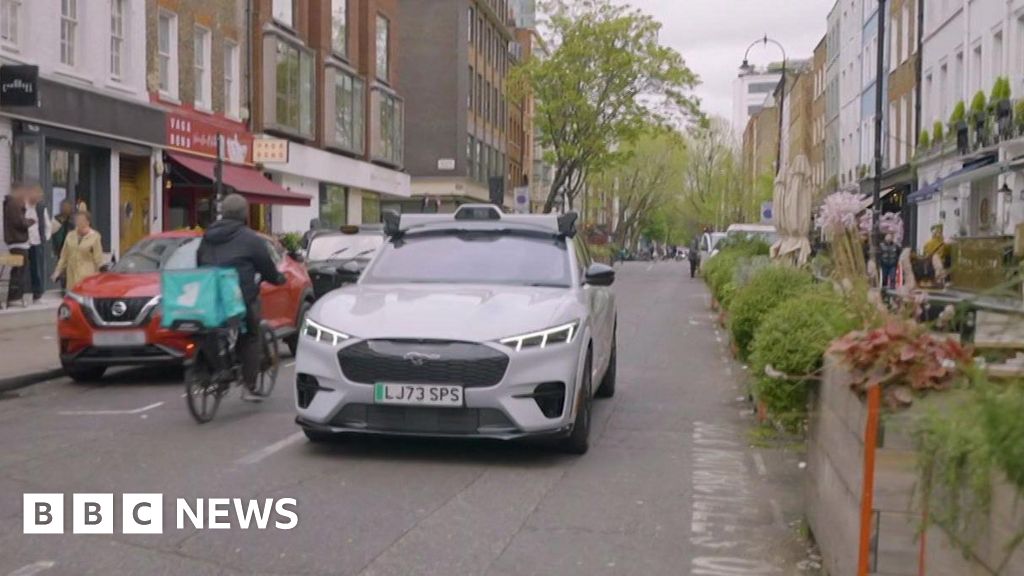ARTICLE AD BOX
 Image source, AFP
Image source, AFP
By Michael Race
Business reporter, BBC News
Riders hired by Deliveroo cannot be represented by a trade union for the purposes of collective bargaining, the Supreme Court has ruled.
The decision is the latest in a long-running dispute, which began when a union tried to represent a group of riders over pay and conditions.
The case was previously dismissed by lower courts but an appeal was brought to the Supreme Court on Tuesday.
However, judges at the Supreme Court unanimously dismissed the appeal.
Judge Vivien Rose said Deliveroo riders do not have an "employment relationship" with the food courier company and were not entitled to compulsory collective bargaining.
Collective bargaining is an official process in which trade unions negotiate with employers on behalf of their members.
The case follows a number of claims brought by workers in the "gig" economy in recent years, demanding rights such as holiday pay, the minimum wage and pensions contributions.
In 2017, The Independent Workers Union of Great Britain was first refused permission to represent riders on the basis they were not classed as "workers" under UK labour law.
It put forward a legal case, but riders were ruled to be self-employed by labour law body the Central Arbitration Committee (CAC).
The union has since been mounting a number of appeals, reaching the Supreme Court.

 1 year ago
51
1 year ago
51








 English (US) ·
English (US) ·